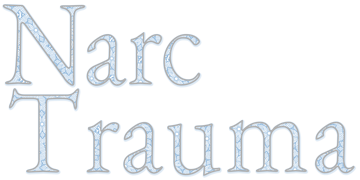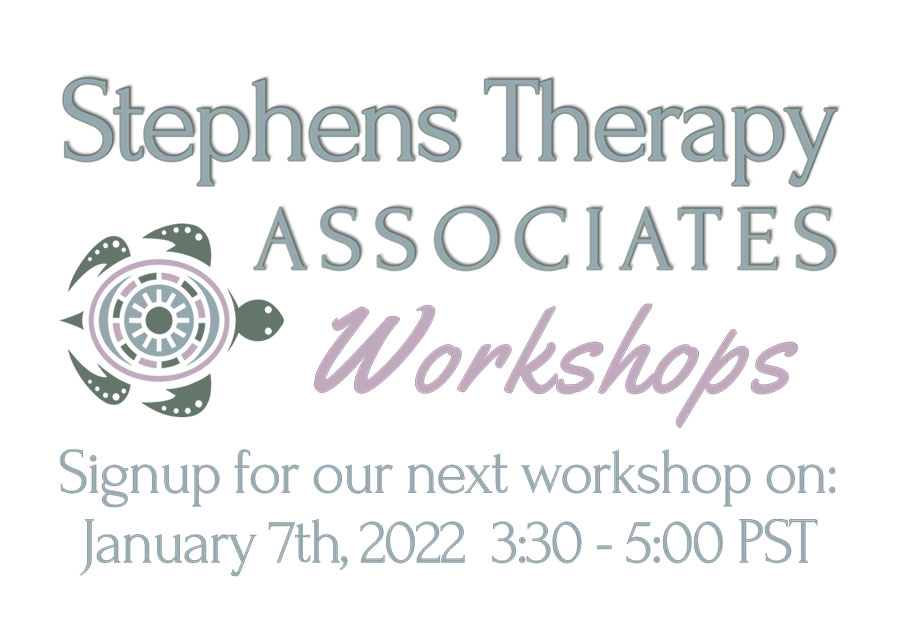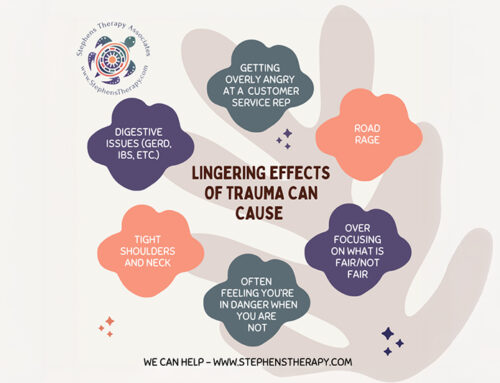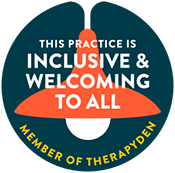Recovering from Narcissistic Abuse: Starting the Process of Healing
As people start working through the abuse they have experienced, one of the most difficult changes in processing what they’ve been through is to start seeing the relationship for what it was, abusive. A client I once worked with had been married to her narcissistic husband for several years and was slowly being convinced by him that the problems in their marriage are all due to her not being a good wife and mother. As she started to heal through therapy and support groups, she started to acknowledge that her husband was indeed verbally, emotionally, and sometimes physically abusive. As she continued on her healing path, she was also able to accept that what drove his behavior was narcissism. Initially, she wanted to believe that there was a part of him that really had compassion and empathy but, as she saw his actions toward their children become more unkind as they got older, she was able to radically accept that he was not who she thought or hoped he could be. As she got to the point of acknowledgement and acceptance, she was then able to create and maintain boundaries for herself which ultimately meant no longer accepting his mistreatment toward her or the children. She started focusing her attention on the healthy friendships and family relationships she had and nurtured them to create a strong support system. This system supported her as she ended her marriage and worked on rebuilding her own identity and thriving in life instead of just surviving.
Recovering from narcissistic abuse can feel like a lonely journey to be facing. When you are able to connect with others that have had a similar experience, it can feel incredibly validating for you. These connections can also keep you on track in your healing and recovery and stop you from falling back into any cognitive distortions. The support you have around you can help you to look at your history with the narcissist with clear vision and help you maintain the acceptance and acknowledgement that you have been working on. It can reduce any confusion or ambivalence you might feel when you have support around you that can explain that your narcissist changed that tire for the praise and admiration, not from the goodness of his heart.
Please join me in our second workshop in the series Recovering from Narcissistic Abuse: Starting the Process of Healing. January 7, 2022 3:30-5:00 PM PST.









